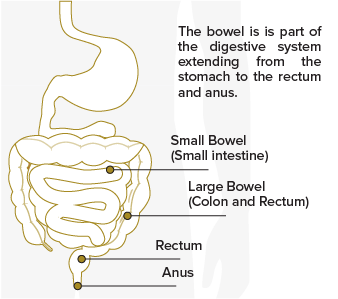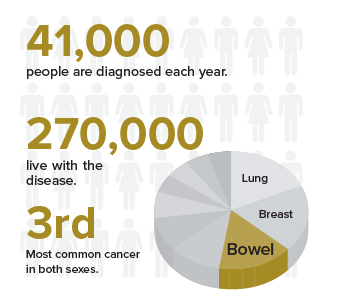- Personal
- Accidents
- Criminal Injury and Discrimination
- Workplace Claims and Employment Issues
- Accidents and Injuries
- Industrial Diseases
- Care and Health Workers Contracting COVID-19
- Hydrogen Peroxide Vapour (HPV) Exposure
- Mesothelioma/Asbestos Related Illness
- Military Deafness Claims
- Noise Induced Hearing Loss Claims
- Occupational Cancer
- Rejected Industrial Deafness Claims
- Repetitive Strain Injury
- Respiratory Diseases
- Skin Conditions/Occupational Dermatitis
- Trigger Finger
- Vibration Injuries
- Stress, Bullying and Harassment
- Employment Disputes for Employees
- Financial Loss and Mis-selling
- Financial Services
- Common Mis-sold SIPP Claims
- Avalon
- Beaufort Securities
- Berkeley Burke
- Financial Page Ltd
- Gaudi Regulated Services Limited
- Greyfriars
- Guinness Mahon
- Hartley Pensions Limited
- Henderson Carter Associates
- Hennessey Jones
- Kingsway Wealth Management
- Liberty
- Rowanmoor Personal Pensions Limited
- S&M Hughes
- St. James Place Wealth Management
- Pointon York
- Common Mis-sold Investment Claims
- Medical Negligence
- Services
- Common Injuries and Conditions Caused by Medical Negligence
- Appendicitis Claims
- Brain Injury Claims
- Cauda Equina
- Death and Neglect
- Diabetes
- Ectopic Pregnancy Claims
- Eye Injury Claims
- Falls and Handling Errors
- Foreign Bodies
- Foreign Bodies/Objects Left After Surgery Claims
- Gynaecology Claims
- Missed or Undiagnosed Fractures
- Orthodontics Negligence Claims
- Orthopaedic Claims
- Retained Products of Conception Claims
- Sepsis and Meningitis Claims
- Spinal and Nerve Injury
- Cancer Claims
- Places Where Medical Negligence Can Occur
- Birthing Injuries Claims
- Legal Disputes and Court Action
- Wills, Probate and Family
- Property
- Business
- About Us
- News and Knowledge
- Contact Us
- « Back
- « Back
- « Back
- 0113 200 9720
- enquiries@oakwoodsolicitors.co.uk
- Opening hours: 9am - 5pm on Weekdays
- Bowel Cancer">Make an enquiry














